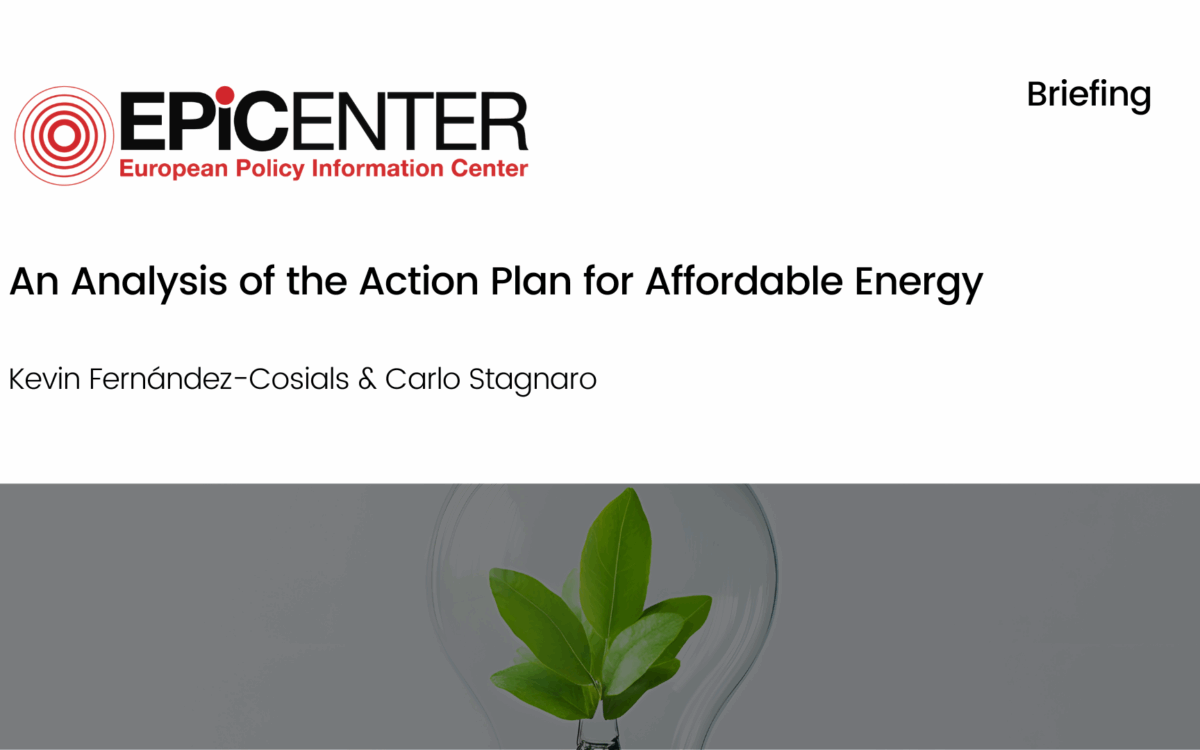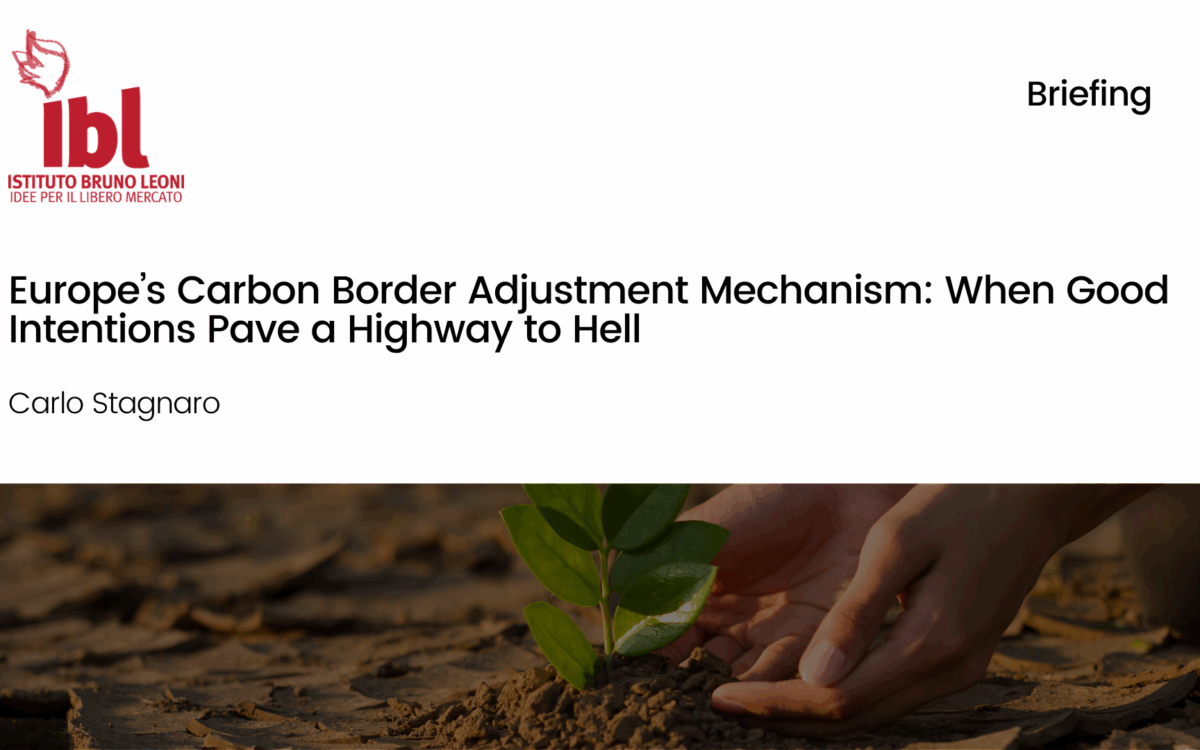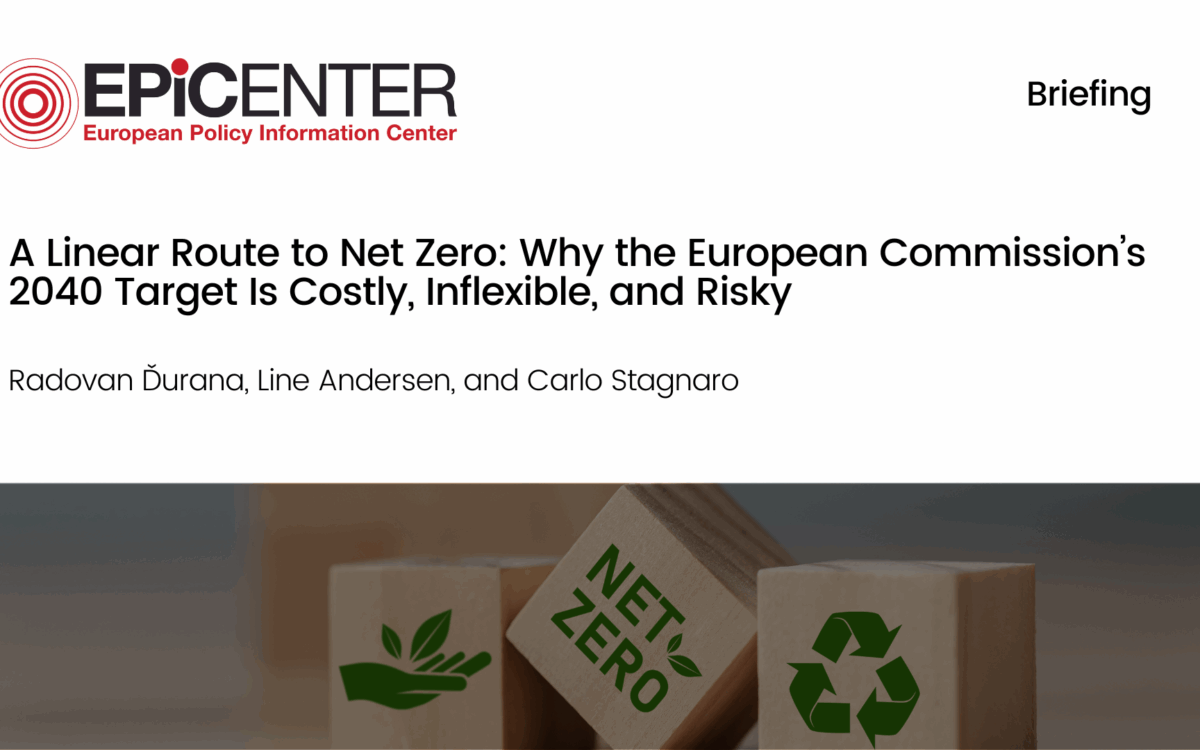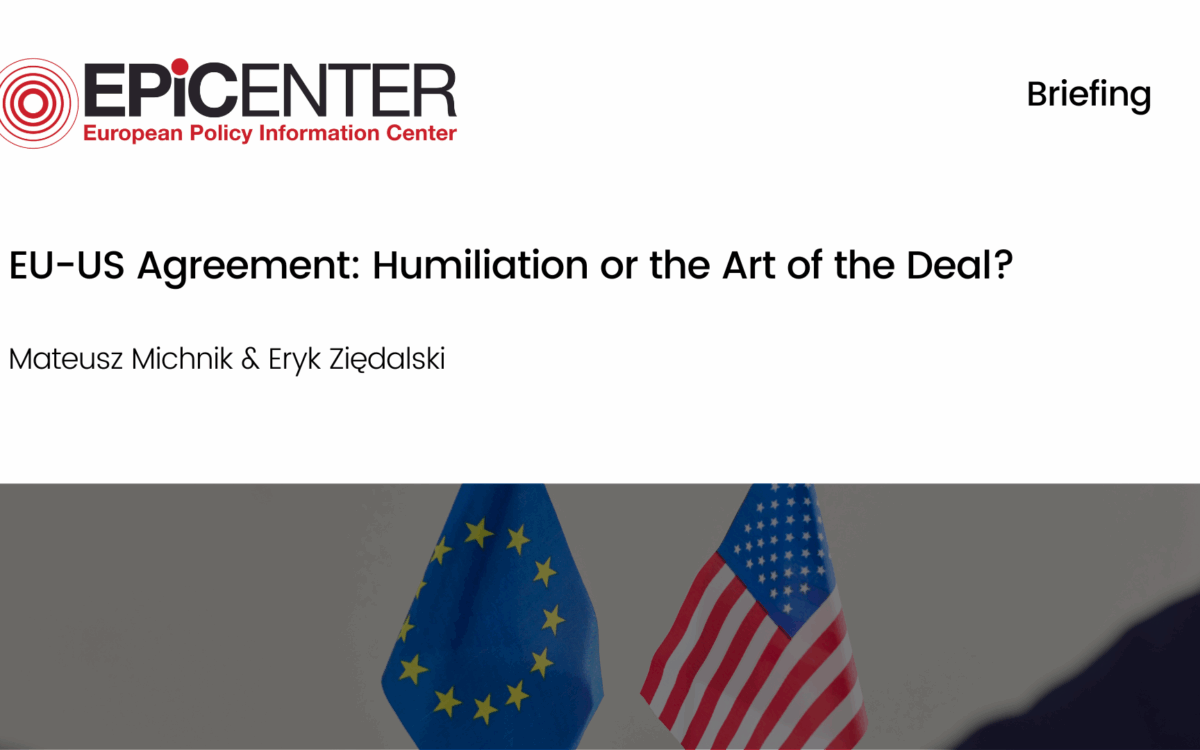The Commission’s Simplification Agenda is a Start – Now it Must Deliver
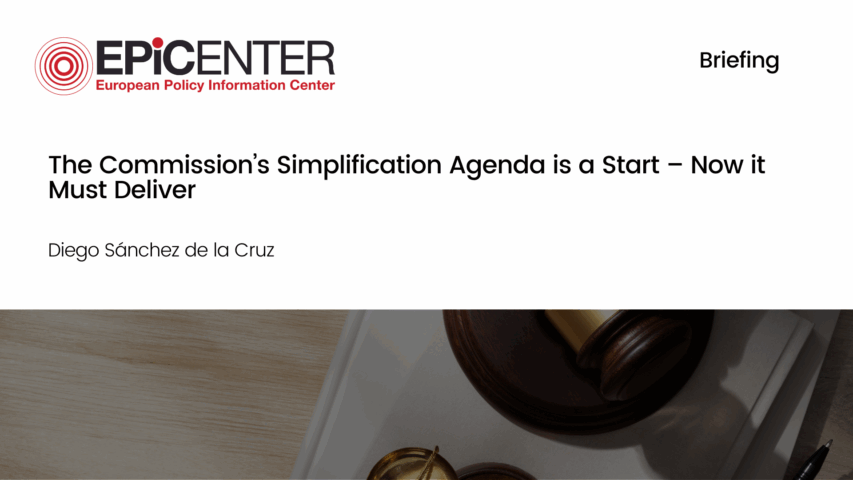
The Commission’s Simplification Agenda is a Start – Now it Must Deliver
Diego Sánchez de la Cruz // 25 August 2025
The European Commission’s Simplification Agenda aims to boost competitiveness by cutting reporting requirements by 25% and reducing regulatory costs for businesses by up to €40 billion, as outlined in the 2025 Competitiveness Compass.
However, progress remains limited, with excessive regulations like GDPR, MiFID II, the AI Act, and environmental mandates disproportionately burdening SMEs and startups, stifling innovation and investment. The regulatory Laffer curve suggests that overregulation, akin to excessive taxation, reduces economic output, with Spain’s data indicating a hidden 4% per capita annual cost. Case studies from Madrid, Argentina, and the US demonstrate that strategic deregulation can drive growth and attract investment.
The report urges a shift from regulatory quantity to quality, advocating for a permanent simplification framework to foster a pro-growth environment.
The main conclusions of the report are:
-
The European Commission’s Simplification Agenda targets a 25% reduction in administrative costs for large firms and 35% for SMEs, but limited progress underscores the need for stronger implementation to achieve up to €40 billion in cost savings.
-
Overregulation, exemplified by GDPR and MiFID II, imposes significant compliance costs, up to €70 million annually for large firms and €1-10 million for others, diverting resources from innovation, particularly for SMEs and startups.
-
The regulatory Laffer curve illustrates how excessive regulation reduces economic output, with Spain facing a hidden 4% per capita annual cost due to regulatory overhead.
-
Strategic deregulation, as seen in Madrid, Argentina, and the US, can spur entrepreneurial activity, growth, and foreign investment, offering a model for the EU.
-
High-cost sectors like energy, digital technologies, biotech, and construction face overlapping and rigid rules, delaying market entry and discouraging investment, placing the EU behind global competitors.
-
Decentralised governance in some EU countries, like France, Italy, and Spain, leads to inconsistent and redundant regulations, while countries like the Netherlands and Denmark excel in regulatory assessments.
-
The EU must prioritise quality over quantity in regulation, adopting a permanent simplification approach with tools like regulatory pauses, sunset clauses, sandboxes, and real-time compliance monitoring via digitisation.
-
The Regulatory Scrutiny Board should be empowered to assess both new and existing regulations, supported by open-access dashboards and benchmarking to identify cost-efficient regulatory practices across member states.
-
The EU’s tendency to propose new rules while simplifying others undermines the agenda, risking continued overregulation and reduced competitiveness.
-
Simplification must become a core governance principle to restore Europe’s competitiveness, ensuring coherent, pro-growth policymaking that balances regulation with innovation.
Download or share this publication
View the PDF
EPICENTER publications and contributions from our member think tanks are designed to promote the discussion of economic issues and the role of markets in solving economic and social problems. As with all EPICENTER publications, the views expressed here are those of the author and not EPICENTER or its member think tanks (which have no corporate view).
